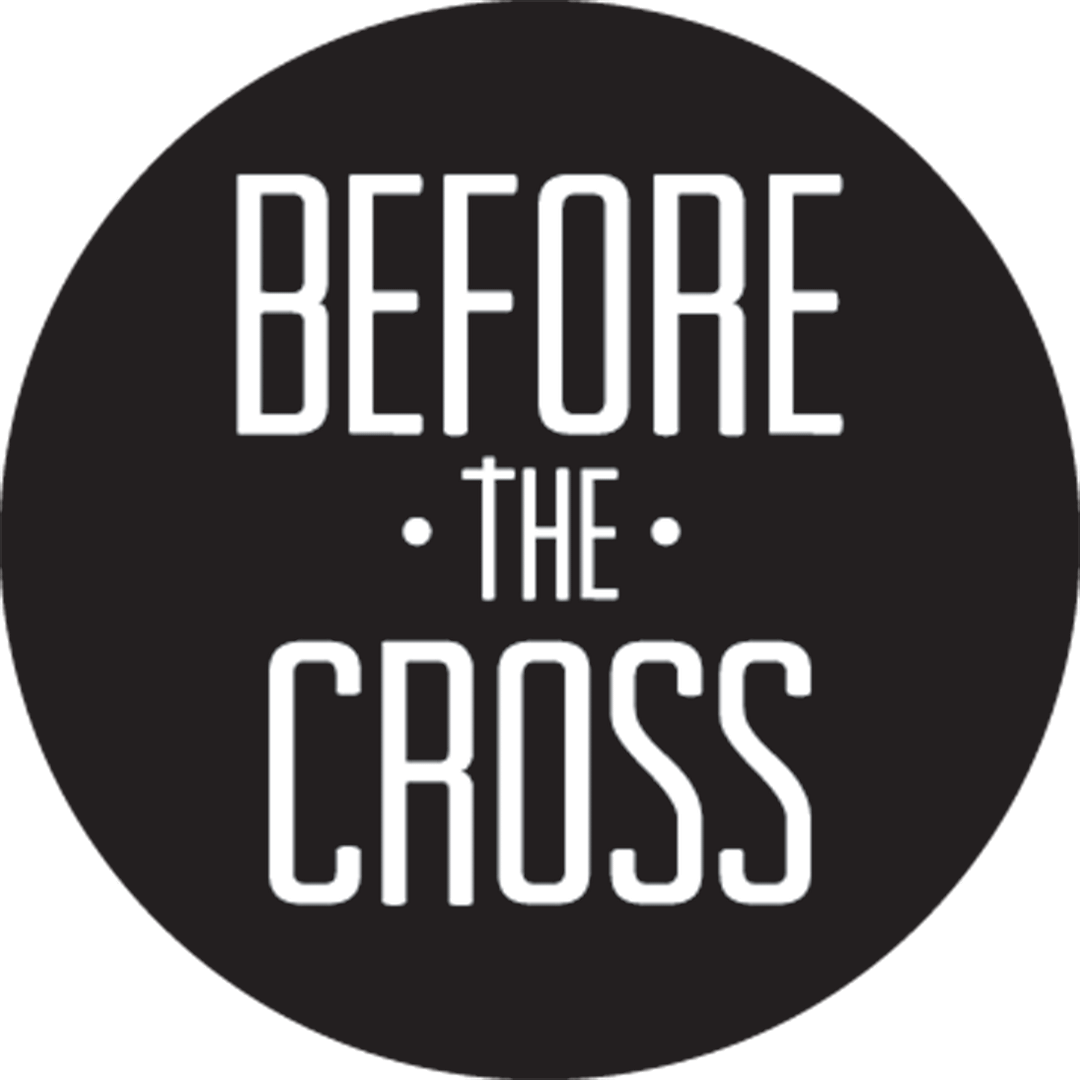This is a guest post by Zak Schmoll who “just graduated from the University of Vermont with a double major in Accounting and Statistics. On July 23, 2012 he went on a mission to write about one chapter of the Bible every day from start to finish. You can follow his progress at A Chapter Per Day and follow him on Twitter. If you are interested in writing a post for us, visit our Guest Post page. You can also view other guest posts by clicking here.
People like to make presuppositions. They like to assume that they know you even if you have never met. While this seems to be a useful exercise in categorization, these assumptions can sometimes be problematic.
Assumptions are by nature generalizations and stereotypes. The problem with that is that they are often times inaccurate and don’t represent each of us individually.
At the beginning of His ministry, Jesus Himself was subjected to this type of doubt.
Philip found Nathanael and said to him, “We have found him of whom Moses in the Law and also the prophets wrote, Jesus of Nazareth, the son of Joseph.” Nathanael said to him, “Can anything good come out of Nazareth?” Philip said to him, “Come and see.” – John 1:45-46
Apparently, Nazareth was not a great place to be from. At the very least, it seems like the last place you would expect the Messiah to emerge from.
Nathanael wasn’t quite ready to accept that Jesus really was the Messiah, but Philip told him that he could come and investigate for himself.
“Jesus saw Nathanael coming toward him and said of him, “Behold, an Israelite indeed, in whom there is no deceit!” Nathanael said to him, “How do you know me?” Jesus answered him, “Before Philip called you, when you were under the fig tree, I saw you.” Nathanael answered him,“Rabbi, you are the Son of God! You are the King of Israel!” – John 1:47-49
When Jesus was able to demonstrate His miraculous abilities, it seems as if Nathanael was finally done with that stereotype. He was able to believe that something of value could come out of Nazareth.
The obvious application for all of us is that we might be labeled with many stereotypes. People might make assumptions about us they are clearly inaccurate. Nevertheless, some people will believe them, and that can be painful for us.
Despite that lack of understanding, we need to try to react just like Jesus did in this passage. He didn’t yell at Nathanael; He simply let Nathanael see who He really was. He let His life ultimately prove His point.
For example, if somebody tells us that Christianity is all about hate, we need to demonstrate the love that we are supposed to be living out (Matthew 22:36-40). We don’t need to yell, and we don’t need to argue. We simply need to let our lives be our testimonies.
There is certainly a time and a place for debate, and I personally find them incredibly interesting and often times enlightening, but when people make false assumptions about us, living in a way that proves them wrong is the most powerful argument we can make without saying a word.


















